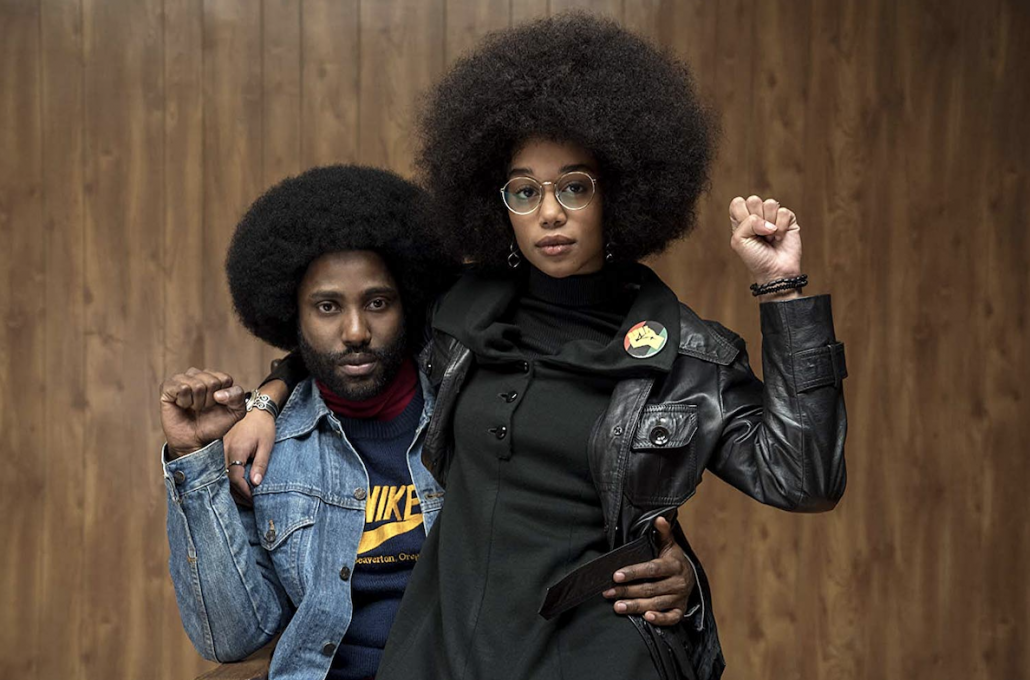All the World’s a Screen: This Year’s Best Picture race is rife with cultural commentary

If the Academy Awards are meant to encapsulate the year in film, they’ve definitely tried their best this year. Of course, the Academy’s “best” is more like a good sporting shot.
Leading the charge is the beguiling Best Picture race, which features three films that arguably have no business being there — nearly half of the eight nominees. Leading the snubs are, among others, Barry Jenkins’ “If Beale Street Could Talk” (only three nominations) and “First Reformed” (only one nomination, and no, it’s not for Ethan Hawke). But with the snubs come the delightful surprises, like “Roma” which collected 10 nominations (the most for any film this year, tied with “The Favourite”) including Best Actress and Supporting Actress.
Save for the notable snubs, we are still in a rare year when it comes to the Best Picture race. Out of the eight films nominated, six can be classified as more comedy than drama, three were in the top 20 highest grossing list of 2018 (whereas 2017 had two and 2015 according to Box Office Mojo.nd 2016 only one) and “Black Panther” is the first superhero movie to be nominated for Best Picture. It’s a film columnist’s buffet.
So much can be said about how the way we consume movies affects the Academy’s choices, but with four of the Best Picture candidates, there is an ideological thread to follow: “Black Panther,” “BlacKkKlansman,” “Green Book” and “Vice” all are — or at least, attempt to be — socially conscious films. The first three point to important racial issues, while “Vice” points to, well, a lot of issues in our government’s immediate history.
Either for better or for worse, none of these movies beat around the bush. “Black Panther” is a hopeful rendition of an Afrofuturist society where the marginalized are the heroes. “BlacKkKlansman” feels like director Spike Lee forcing America to look in a mirror for its own good. “Green Book,” easily the most problematic of the bunch, is cathartic but perhaps too on-the-nose about the power of friendship easily overcoming racism. And “Vice” is chock-full of tricks and gimmicks which, at their core, are the product of a man angry with the powers that be.
Because film is a medium of communication, the best ones must communicate their themes clearly to the audience. “Green Book” and “Vice” — compared to the others, the worst of this bunch — really do transmit their (albeit divisive) ideas. Adam Mckay’s “Vice” is basically a glorified Twitter rant that’s never shy about @ing who it’s mad at, while “Green Book” has come under fire for its simplistic and erroneous portrayal of this interracial friendship, according to the real-life family of Don Shirley, who Mahershala Ali plays in the film.
“Black Panther” and “BlacKkKlansman” also have clearly conveyed messages. The difference here is that these films achieve a zen-like balance between formal and thematic elements — their technical proficiency expertly complements their core ideas. On the other hand, the gimmicks in “Vice” sometimes push the film toward losing its grasp on its themes and the cookie-cutter plot in “Green Book” just recycles aged clichés.
In 2019, it’d be foolish to think controversy won’t exist regardless of who the nominees are. Yet, the Academy has made questionable choices in the past — it often favors tradition over trends. Although we are mired in uncertainty until the awards ceremony on Feb. 24, one thing is certain: The mere fact that people take the ideas in these films so seriously is a testament in itself to the efficacy of the medium.
Whether we as viewers are conscious of this or not, films are the country’s primary ideological exports to the rest of the world; in many ways, they’re the thermometer that registers America’s political and cultural temperature. One such product last year was Jordan Peele’s “Get Out,” which pushed that proverbial thermometer into precarious heights. If we take its Oscar loss as a hint, it becomes clear that the Academy doesn’t like when its nominees bring raw, earnest expression toward real issues in their films.
I don’t think anybody knows what’s going to happen at the 91st Academy Awards. I don’t think anyone can fully comprehend the Academy’s preferred tastes; it’s an elusive body capable of turning on a dime from “Moonlight” to “The Shape of Water.” And that’s just in the past two years. So yeah, I wouldn’t get my hopes up.
Isa Uggetti is a sophomore writing about film. He is also the lifestyle editor of the Daily Trojan. His column, “All the World’s a Screen,” runs every other Tuesday.

